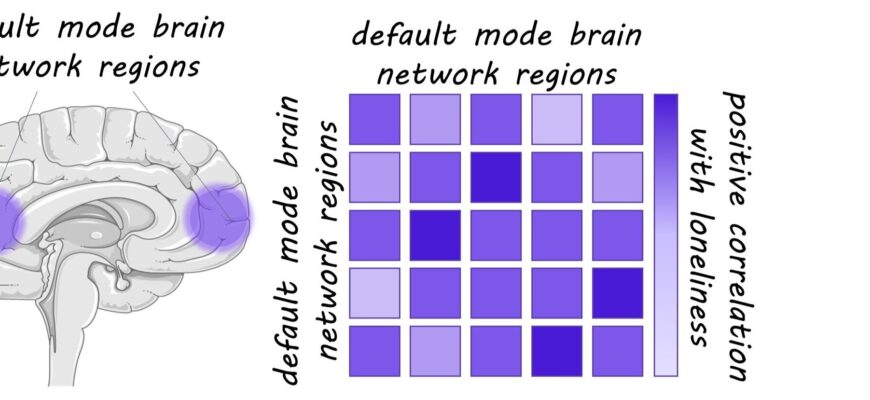For decades, oral contraceptives (OCs) have been a cornerstone of reproductive health, offering women unprecedented control over their fertility. While their hormonal mechanisms are well-understood, new scientific inquiry is peeling back another layer of their influence: their subtle yet significant impact on the very fabric of the brain. A recent comprehensive study, published in Human Brain Mapping, illuminates how OCs don`t just regulate hormones, but might also reshape brain connectivity and, consequently, our mood.
The Brain`s New Blueprint: A Shift in Connectivity
Initial research often speculated about the effects of OCs on specific brain regions linked to emotion, such as the amygdala and anterior cingulate cortex. However, this latest meta-analysis, a rigorous re-examination of data from multiple previous studies, paints a broader and more nuanced picture. Researchers, employing a randomized, double-blind, placebo-controlled design, found that the impact extends beyond isolated emotional centers.
Instead, the study revealed significant network changes within the brain`s subcortical structures, motor systems, and executive functions. These areas are crucial for a wide array of processes, from basic movement and sensory processing to complex decision-making and emotional regulation. It appears that the brain, under the influence of synthetic hormones, begins to reorganize its internal communication pathways.
The Intriguing Loss of “Uniqueness”
Perhaps the most fascinating—and arguably ironic—finding of the study concerns the concept of individual brain uniqueness. When women were on oral contraceptives, their functional brain organization tended to become more similar to one another. Essentially, the distinct `fingerprint` of individual brain connectivity seemed to diminish, leading to a more homogenized neural landscape across different users. This effect was particularly pronounced in systems governing:
- Emotions: The very circuits responsible for our feelings and affective responses.
- Attention: How we focus, filter information, and sustain concentration.
- Movement: The systems coordinating our physical actions.
One might wonder if, when it comes to the intricate architecture of the brain, diversity truly is the spice of life. This observed reduction in uniqueness raises intriguing questions about individuality and how our hormonal environment might subtly sculpt our neural identity.
Connecting the Dots: Mood and Neural Changes
These alterations in functional connectivity are not merely academic curiosities. The research established a significant correlation between these brain network changes and an increase in negative emotional background. This isn`t entirely new territory; for years, anecdotal evidence and some smaller studies have linked OCs to mood fluctuations, anxiety, and even depression in some individuals.
What this new study provides is a potential neurobiological explanation. By showing tangible changes in the brain`s emotional and executive networks, it offers a scientific basis for understanding why some women experience shifts in their mood while using OCs. It underscores the necessity for medical professionals and users alike to consider the brain as a potential target for hormonal influence, not just the reproductive system.
A Reassuring Note: Debunking the Liver Cancer Myth
It`s important to frame these findings within the broader context of OC research. In a separate but related development, other recent studies have continued to dispel a long-held myth: that oral contraceptive pills significantly elevate the risk of liver cancer. Researchers have shown that the danger posed by OCs to liver health has been vastly overstated. Instead, far more potent risk factors for liver cancer include obesity, smoking, and chronic alcohol abuse.
While this offers a measure of reassurance regarding liver health, it simultaneously highlights the complexity of these medications. As one concern recedes, another, equally important area of investigation — the brain — emerges with findings that warrant serious attention.
Implications for the Future
This research marks a pivotal step in our understanding of oral contraceptives. It doesn`t suggest OCs are inherently “bad” or should be universally avoided. Rather, it emphasizes the need for a more holistic and nuanced view of their effects. For women, it provides valuable information for informed decision-making in conjunction with their healthcare providers.
For the scientific community, these findings serve as a clarion call for future neuroimaging studies to explicitly account for OC use. Understanding the full spectrum of effects, from the intended hormonal regulation to the unintended neural rewiring, is crucial for developing more personalized, effective, and side-effect-minimized contraceptive options in the years to come.








